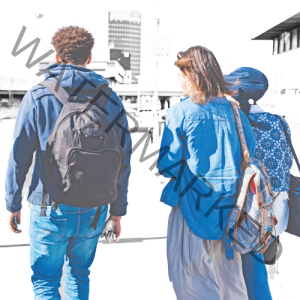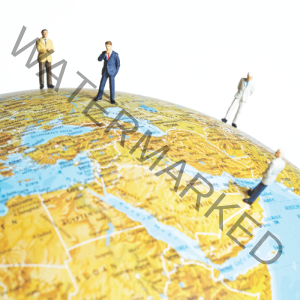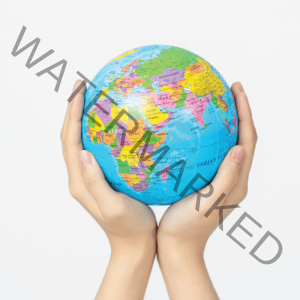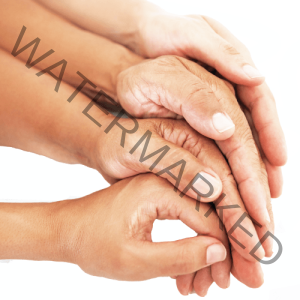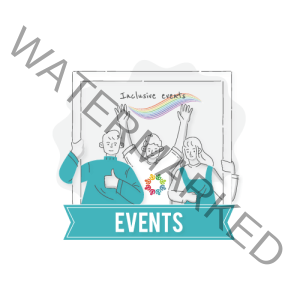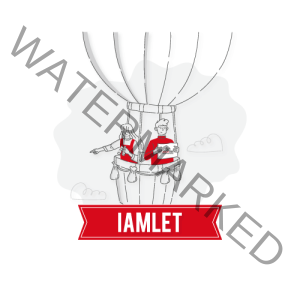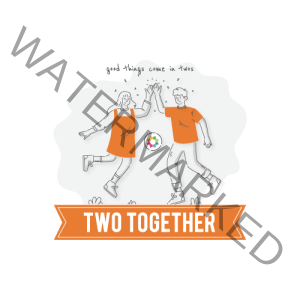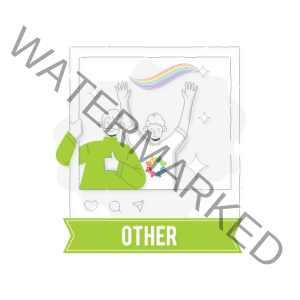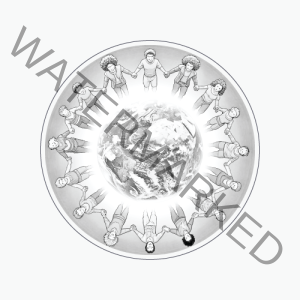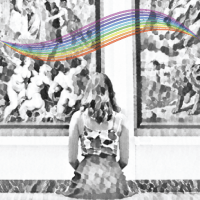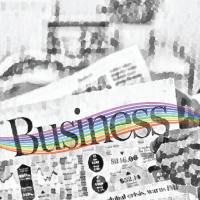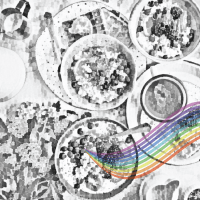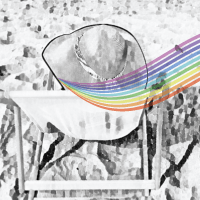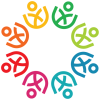
understanding the truth
The LGBT Ideology Narrative
- Atilla Tiriyaki
- Average Reading Time: 7 minutes
- Community
- articles, atillat
Since 2008, many countries have seen an insurgence of so-called conservatism, resulting in the spotlight and even growing hated towards many, often vulnerable members of the LGBT community. Terms such as a return to traditional family values and stopping the spread of the LGBT ideology have become the norm in many political campaigns. Many of these campaigns are playing on the beliefs and phobias of the majority within a given population. Typically with a single focus in mind, holding onto or gaining political power. A direction that often is used as a distraction from what is truly going on and all of the things that actually matter and directly impact most people’s lives. With this in mind, what is the LGBT ideology?
The False LGBT Ideology
Before delving into the LGBT aspects of the point, let us first look at the term. An ideology is a set of beliefs or philosophies associated with and defined by individuals or groups. Modern-day ideologies are typically economic or political and are generally viewed as negative, opposing, and against the ideas that many believe today. Examples of ideologies include conservatism, liberalism, libertarianism, fascism and anarchism.
Any opinions and views shared by a minority that are different from those held by the majority could be labelled as an ideology. Certain preconceived beliefs are typically applied by assigning the term to a set of opinions or beliefs. The notion is that these groups of individuals are looking to force, change, and challenge people’s long-held views, beliefs, and even their way of life.
Is that true of the LGBT community?
No, if you look and listen to community members, they are not looking to create a shift of power, change people’s way of life, or even force their views and beliefs on others. What is important to most community members is that they are treated equal, the same as everyone else and not different. A person can live in a country with full rights and freedoms; however, when they identify as LGBT, their rights and liberties are taken away in many countries. Not only that but with 26.1% or an estimated 52.4 million LGBT individuals living in countries where same-sex relationships are classified as illegal, the threat is real. Prosecutions could see members of the LGBT community spending time in prison or worse. Imagine an ideology that wants to be treated the same as everyone else, live, love, and not be prosecuted just because of who they are and who they love.
If you still believe and accept that LGBT is an ideology, let us go back and review the definition of the term again. An ideology is typically based on beliefs or philosophies; both descriptions indicate that a choice is being made. Scientific and physiological research over the years has provided evidence that LGBT is not a choice but a biological and series of chemical reactions. A chemical reaction occurs within LGBT individuals during the early stages of their life, meaning people are born that way rather than making a choice. The theory that we learn and choose to be gay is not explained when considering that many animals also display homosexual behaviours. Researchers and zoologists have observed same-sex behaviours in animals such as black swans, penguins, vultures, dolphins, bats, elephants and many more.
The reality is that the title of ideology is used purely as a way of weaponising, to scare people, about these groups or individuals different to them. A group who are just looking to be treated the same as everyone else and ultimately for their fundamental human rights to be observed. Instead of the false narrative that they are looking to force their ideas and threaten conventional communities and societies.
Ask yourself, if the LGBT community were given equal rights worldwide, how would that affect the heterosexual population? Suppose LGBT individuals marry, start or adopt families, reflect their true selves inside and out. How would that influence and impact the lives of most heterosexual people?
The strategy and narratives are simple, to play on people’s fears, especially when many of those that identify as LGBT are unable to share who they are for fear of persecution. Does it change when someone close to a person identifies as LGBT? Yes; however, it is often polarised. Either they become more accepting or the opposite, disowning and standing firm within their beliefs. There are many examples of both responses; however, it is still surprising when ardent politicians suddenly change their stance. Vocal politicians who oppose LGBT rights change their position or stance when their daughter or son comes out as gay or bisexual.
Then why are governments doing this? Political strategy is all about discovering and focusing on the points important to most people. The approach can be simple for politicians who live within a conservative country, especially where LGBT is still taboo. Many will play to people’s fears, often gaining supporters by making pledges and being a vocal opposer of LGBT rights. Instead of the opposite, by becoming agents of change, showing the majority that there is nothing fear and that these people are like them, are their friends, neighbours, family etc. The truth is that most of these politicians adopting an anti-stance are doing so because they are facing significant problems within their countries. They likely do not have the answers or solutions for the issues such as rising unemployment, poverty, social-economic shifts, and inequalities. Many of these politicians are being elected partly because of their stance. They often adopt a strategy and political approach that ultimately suppresses and victimises a small yet vulnerable group to win elections.
The media and news outlets are interesting to watch when things go wrong globally. Suddenly the narrative and focus move or shift away from the problems people face right now. Instead, they are replaced with well-organised campaigns and stories that often target vulnerable minority groups such as immigrants, refugees, and LGBT individuals. Many employ experienced public relations professionals to devise emotive campaigns that polarise the masses. The strategy is simple, redirect the focus and distract people from discovering the truth. The truth, in reality, is that the government’s mismanagement directly caused the problems and issues many are now facing. Regardless of distractions, when you look at people’s rights, it ultimately comes down to respecting everyone’s rights, opinions and beliefs, but not at the cost of someone else. All those things are personal to each person and affect only their way of life. The morality of others should not be something that most people can decide or influence when they are not directly affected or involved.
Through direct action and empathy, especially around understanding that most people may have little to no personal interactions, or so they believe, with people from the LGBT community. The lack of exposure often means they create belief systems based on myth rather than reality. It is by reaching out, whether in person or through the media, showing that we all share many similarities, often with the only difference being who we love.
Whenever politicians and governments run targeted campaigns, redirect the narrative instead of focusing on why they are wrong. Journalists, media outlets and everyday citizens should change the conversation back to what they are trying to hide, their lack of policy, leadership and other critical matters.
Research candidates and parties to ensure that they stand for and respect people like you. It is surprising how many people support candidates without knowing much about the platform and mandate that underpins their bid to run for office. If you cannot find candidates, run yourself. Every year more LGBT individuals are running for political office across the globe.
I am not saying advocating LGBT rights are wrong; quite the opposite. However, if LGBT rights are the only point a politician want to discuss on their campaign, then by arguing their stance, you are playing into their hands. You allow them to distract from the subject and themes, all of which would likely expose their lack of experience. In doing so, you are giving them a platform to rant on just their views on LGBT rights and probably very little else. Highlighting and exposing politicians’ inadequacies also does not mean having to ‘come out’ if it risks your life. It just means redirecting the narrative to reveal their true agendas and the issues at hand.
Depoliticising the so-called LGBT ideology will ultimately help change people’s perceptions and open up the opportunity for individuals worldwide to receive their fundamental human rights.




